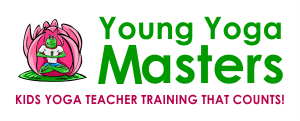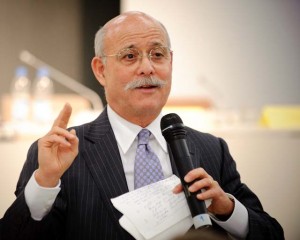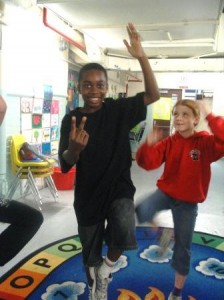The Discovery of Mirror Neurons - A Scientific Understanding of Empathy "All humans are soft … [Read more...] about Character Development – Empathy
science
Scientific Studies that Support Kids Yoga
These 3 Studies Show how Yoga Improves Stress Management, Spatial Memory, and Body Control in … [Read more...] about Scientific Studies that Support Kids Yoga


